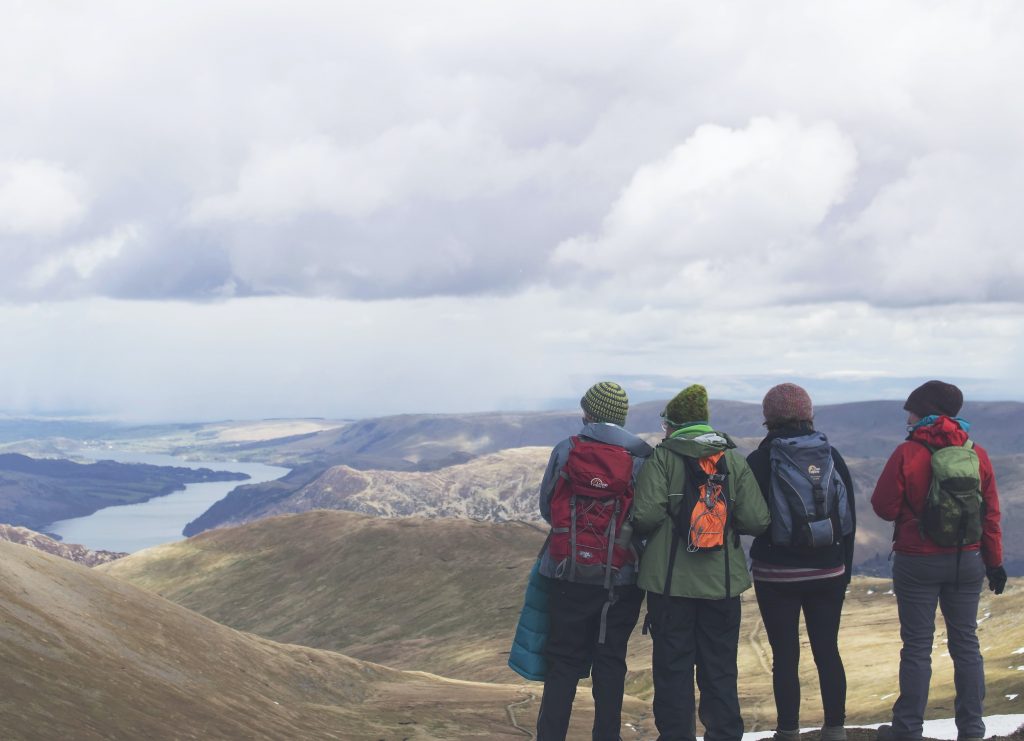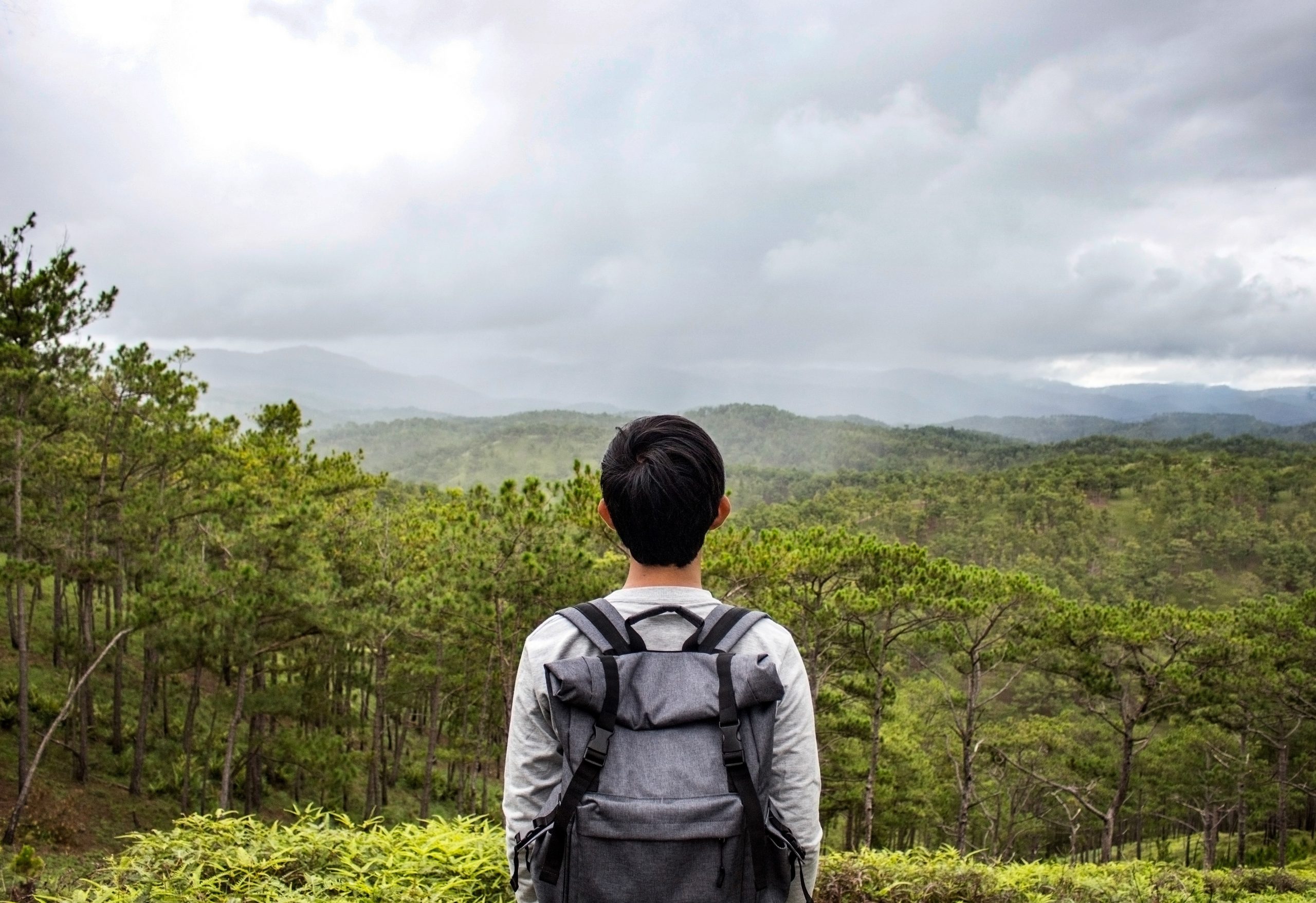We asked IFI staff who have led trips with international students to give us their best tips. These are geared for large group trips, but if you happen to just invite a few students to come along with you on a trip, there are still many helpful things to consider in the wisdom they shared below! Check out our companion article to learn the Benefits of Traveling with International Students.
Before the Trip:
- Purpose:
- Establish the trip’s purpose
- Ask yourself: are you planning an IFI trip or a personal trip? For fun or dedicated to academia/mentorship?
- Find out what the students are interested in and incorporate it into the trip
- Be mindful if there is any Biblical context of the chosen location
- Numbers:
- Have a cut-off for sign-ups
- Make sure you have a good ratio of volunteers to students (usually a 1:3 ratio) because this affects how many students you take on your trip and the agenda of the trip
 Logistics:
Logistics:
- Have a plan before you leave: make a schedule, organize lodging, calculate the budget, etc. Build in a safety cushion financially, just in case
- Always be money conscious: look to save cost on lodging and traveling
- Try connecting with other IFI locations, churches, Christian organizations, and/or Christian host families to host your group
- Create a spreadsheet for hosting: who’s staying with who, food restrictions/preferences, allergies, pets, etc.
- Use IFI forms (medical, etc)
- Be mindful of holidays and make the most out of them for travel
- Orientation:
- Train volunteers; equip them and get to know them
- Have a little info meeting/Q&A beforehand for those attending, whether one or two weeks before; it can be in-person or on Zoom
- Figure out where your students are from and print/laminate their country and IFI’s logo to take with them for pictures
During the Trip:
- Traveling time:
- Have food for the van, especially if you’re taking a longer trip; include this in the budget and also tell students to bring their favorite snacks
- Bring road trip games, make a Google Doc with icebreakers, or have books like “The Complete Book of Questions” with you
 Relationship-building:
Relationship-building:
- Don’t just treat students like students, but like friends/family
- Take time early in the trip to learn people’s names
- Have good volunteers who can facilitate student engagement while the person is driving
- Be open to questions
- Have conversations “seasoned with salt”
- Ask them about spiritual matters and have debriefs post church, if they attend
- Navigating:
- Map out the big picture of where you want to go so you’re not running in circles
- Have a Plan B or backup plan: have extra things marked out that you want to do in case something in your Plan A doesn’t work out
- Be flexible and allow for changes
- Find a balance between having a well-planned trip but having flexibility to be able to accommodate students’ interests
- Other:
- It’s good to set aside some downtime and not overfill your trip: have at least one night to just hang out (like going to the pool, having pizza, watching movies) so that people have time to relax
- Big thing with international students is the food, whether it’s food restrictions or different amounts of spending with food. It’s good to pack breakfast and lunch and then pick out the dinner spot beforehand to avoid debate. Try not to give too many options for eating to make things easier. If possible, food courts at a mall or a plaza are great because there’s a variety of options to choose from
After the Trip:
- Create a Google Form for students to give feedback after the trip: what to improve, what they liked/disliked, rate overall organization, future changes, if any
- Try making trips a staple in your ministry because trips expedite relationships, so plan another trip soon!
We love the wisdom and experience shared above and hope it can help you avoid pitfalls in planning your trips with international students! We’ll leave you with one final thought from JP, an IFI staff member in Cleveland: “A one-overnight trip can be 15 hours right off the bat versus the one hour per week that we usually have together. We don’t have a ton of time to build relationships, so jump-starting with a trip is a wonderful tool for international student work.”



